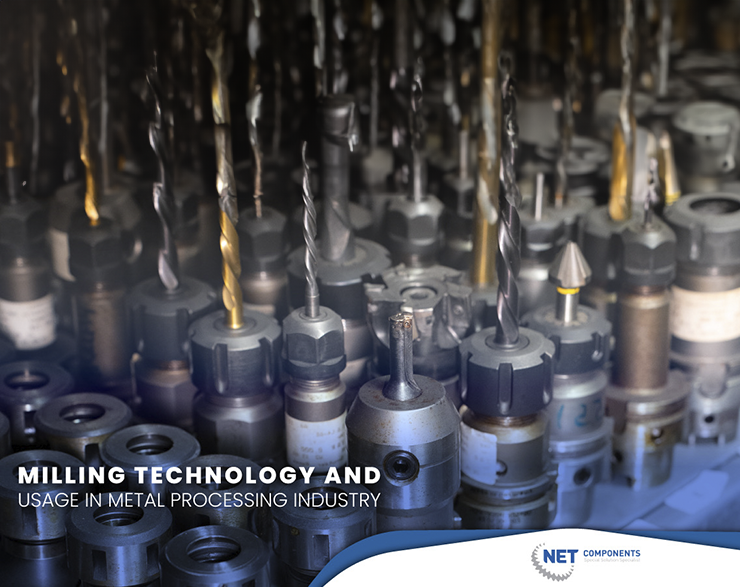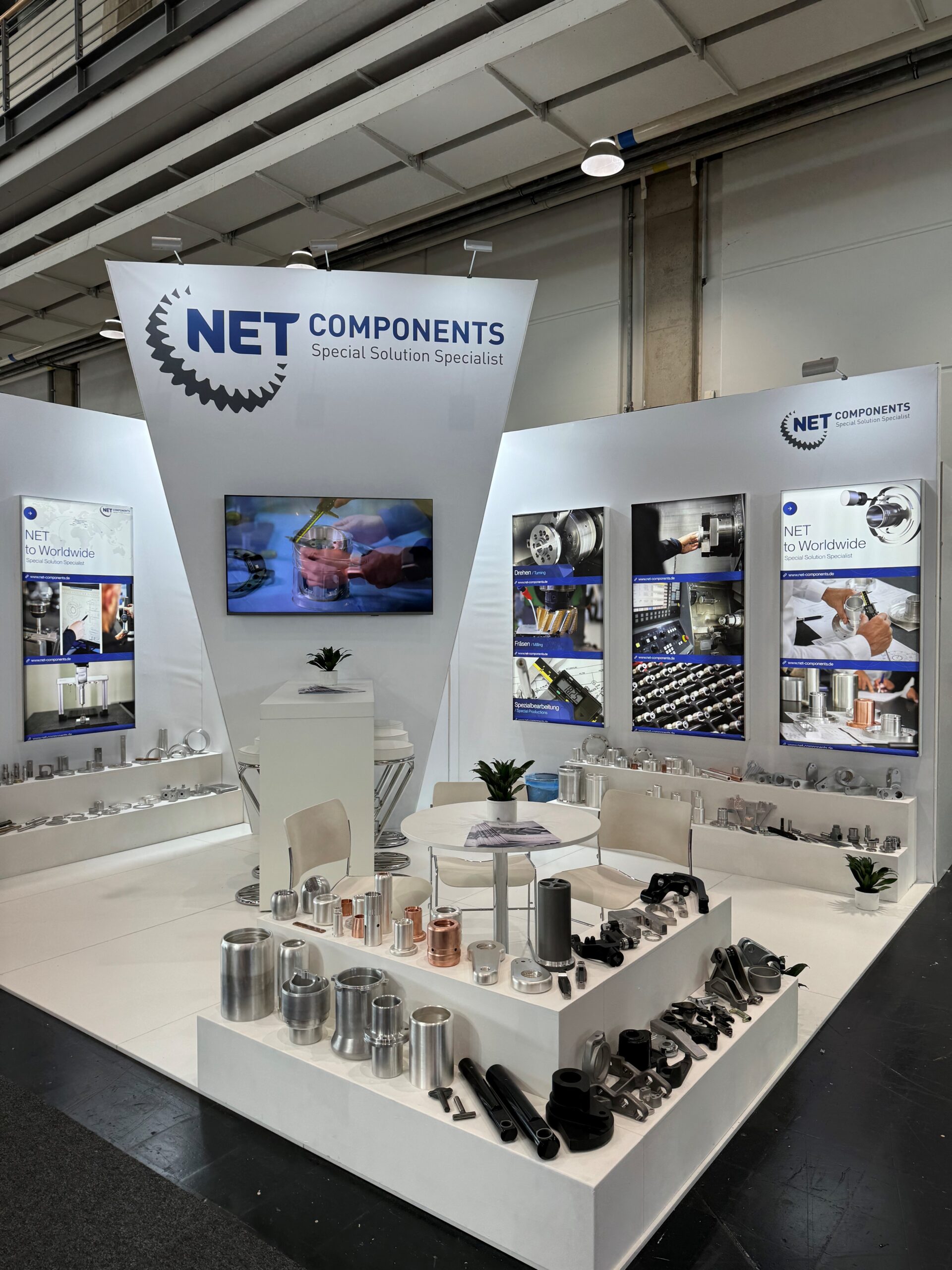Lean manufacturing is a management philosophy that enhances the competitive advantage of businesses by organizing and increasing efficiency in business processes. Let’s explore the details and advantages of this effective approach together.
Enjoy reading!
#NetComponents #Lean Manufacturing
What is Lean Manufacturing?
Lean manufacturing is a management philosophy dedicated to streamlining business processes and improving efficiency. The primary goal is to minimize waste and continuously enhance processes for achieving optimal value.
This philosophy is built upon fundamental principles such as waste identification, customer-centricity, continuous improvement, and flexibility. By adeptly utilizing resources and minimizing waste, lean manufacturing aims to boost the competitive advantage of businesses.
The historical roots of lean manufacturing trace back to the Toyota Production System, pioneered by Japanese engineer Taiichi Ohno in the mid-20th century. Over time, this system has gained global adoption across diverse industries.
Lean manufacturing proves beneficial by making businesses faster, more flexible, and efficient. Through waste reduction, it contributes to cost savings, elevates customer satisfaction, and fosters a culture of ongoing improvement. As a result, many businesses choose to embrace and implement its principles.
Principles of Lean Manufactuing
Value: It represents the importance a customer attributes to a product. From a Lean perspective, value should be created for the customer in every operation and activity. Eliminating waste involves focusing solely on features the customer demands.
Value Stream: It encompasses all steps a product or service goes through across the supply chain. Non-value-added processes among these steps should be identified, and by eliminating these wastes, the process can be optimized.
Flow: It implies processes progressing as smoothly and efficiently as possible. Eliminating waste in the value stream enables processes to advance faster and more seamlessly.
Pull: The pull principle involves directly responding to customer demands. Products or services are produced based on customer requests, reducing inventory and allowing for quicker responses to customer needs.
Perfection: It signifies continuous improvement. Lean anticipates ongoing efforts to eliminate waste, optimize processes, and enhance effectiveness. While perfection is seen as an ideal that can never be fully achieved, continuous progress toward this goal is expected.
These five fundamental principles form the basis of Lean Manufacturing, enabling businesses to become more effective, efficient, and customer-focused.
Lean Manufacturing Applications
The fundamental principles of Lean Manufacturing are supported by various applications and tools. Here are the details of these applications:
1. 5S System
The 5S system is a system that establishes order in the workplace and increases efficiency. Each “S” represents the initial letter of a Japanese word:
Seiri (Sort): Differentiate unnecessary items and organize the environment.
Seiton (Set in order): Arrange necessary items in an organized and accessible manner.
Seiso (Shine): Keep the workspace clean and conduct regular cleaning.
Seiketsu (Standardize): Maintain order and develop a continuous standard.
Shitsuke (Sustain): Make 5S practices continuous and sustainable.
2. Kanban System
The Kanban system is a method used to organize production processes and optimize stock levels. It ensures the flow of materials based on demand, preventing excessive stock accumulation and enabling faster response to customer demands.
3. JIT (Just-In-Time) Production
JIT production aims to produce materials, processed parts, and products exactly when needed. This minimizes stock levels, reduces waste, and makes production processes more flexible.
4. Andon System
The Andon system is a system that provides real-time information flow in production processes. Using colored lights or indicators, it indicates the status on the production line. This allows for the quick detection and resolution of problems.
5. Kaizen
Kaizen means continuous improvement. It aims for small and continuous improvements in business processes. This allows employees to continually review processes, identify problems, and find more effective solutions.
These applications support the fundamental principles of lean manufacturing and contribute to businesses becoming more flexible, efficient, and customer-focused.
Companies embracing lean manufacturing in their production processes not only enhance operational performance but also strengthen environmental sustainability. At Net-Components, we are deeply committed to lean manufacturing principles in metal part manufacturing. We continually review and enhance our processes to increase efficiency. Implementing the 5S system ensures orderliness in our workplace, while employing Kanban and JIT production methods optimizes stock levels. By embracing Kaizen principles, we prioritize continuous improvement and customer satisfaction. This approach allows us to deliver high-quality, rapid, and cost-effective metal part solutions to our customers.






